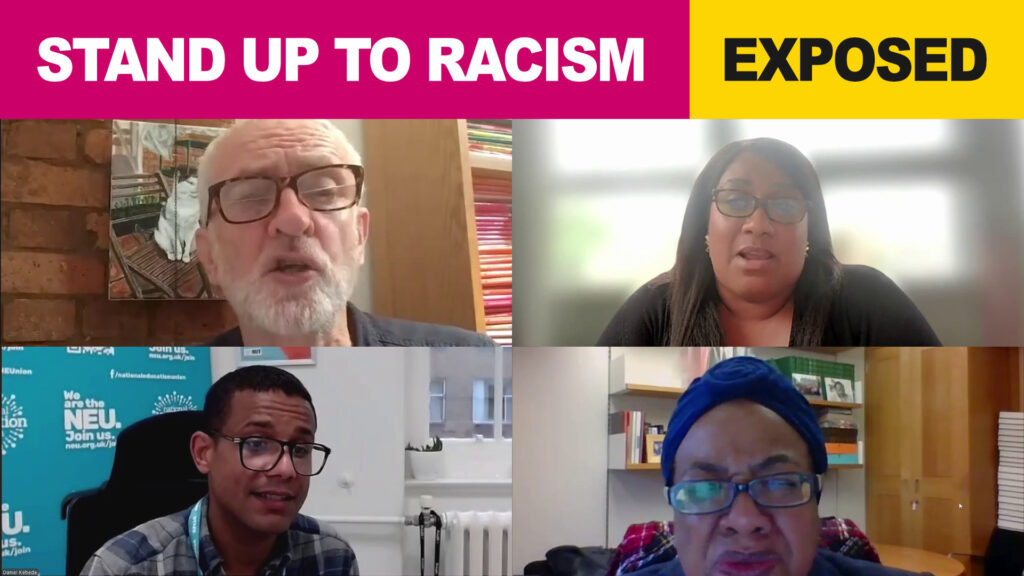On 25 July, the so-called Online Safety Act came fully into force — and within days proved itself a humiliating disaster for the already floundering Starmer government.
Though conceived under Sunak’s tired Tory ministry in 2023, the Act was scheduled for a staggered rollout through 2025. The warnings came early: vague language, sweeping powers, technological illiteracy. The government ignored them. Now, those warnings have become reality — and the backlash has united opponents from every corner of the political spectrum.
The Censorship Façade
The first phase, launched in March, targeted “illegal content” online. In practice, it was a bureaucratic bludgeon aimed squarely at smaller, independent sites.
Community forums, hobbyist projects, niche information repositories — all suddenly faced crippling compliance costs. Large tech corporations could absorb the burden. Small operators could not. Many have shut down entirely.
So much for a “free and open” internet. The reality? A government handing cultural control to Silicon Valley giants while wiping out British online independence.
It is with this same legislation that completely suppresses online discourse, too. Videos with no explicit content or egregious messaging are censored solely because they are against the status quo. Nationalist messaging on X is censored time and time again. Videos of protests against the government are also being censored and require ID verification; it is not out of reach to guess that this information will be used against our liberties.
July’s Disaster: The ‘Child Safety’ Provisions
If March’s phase was bad, July’s activation was worse — a clumsy, open-ended attempt to censor vast swathes of the internet under the banner of “protecting children.”
A non-exhaustive list of what platforms are now legally obliged to block from under-18s includes:
- Content promoting eating disorders, self-harm, or suicide.
- “Bullying” or “hateful” material.
- Content encouraging dangerous stunts or substance abuse.
- “Illegal migration and people smuggling” — with no clear legal definition.
The problem is obvious. These categories are elastic.
What is “bullying”? Could satire or political mockery fall under it?
What is “hateful”? Is it tied to existing hate-crime legislation — or something even broader?
What counts as “encouraging” substance abuse? Does fictional depiction count?
Digital Sovereignty Sacrificed
In reality, these rules are impossible to enforce without mass surveillance and intrusive age-verification. Ordinary Britons may soon be asked for personal ID simply to use a search engine.
VPN subscriptions have already soared. Foreign governments are openly protesting Britain’s assault on their citizens’ speech. Businesses resent the cost of mandatory verification services.
And then there’s Ofcom’s latest stroke of genius: publishing a list of porn sites “non-compliant” with the new law. Are civil servants really being paid to spend their working days scouring pornography for the nation’s safety?
Labour’s Meltdown
The backlash has been immediate and furious — and Labour has handled it with the grace of a drunk.
Science Secretary Peter Kyle, in a cack-handed attempt at deflection, accused critics of “siding with child predators.”
The results were predictable:
- Uniting everyone from Marxists to Nationalists in opposition.
- Re-opening Labour’s own record of catastrophic child-protection failures.
- Handing Reform UK a gift-wrapped vote-winner: total repeal of the Act.
One might be tempted to pity Kyle — but given his own proud admission of a “reading and comprehension age of 8 years and 3 months,” perhaps his performance was impressive, under the circumstances.
Where Next?
This fiasco leaves three key questions.
- Will Labour U-Turn?
Starmer’s political spine is made of wet tissue. A reversal is always possible. But reports that Kyle’s rant was party-approved suggest Labour is doubling down. - Incompetence or Malice?
True, the Act was drafted by Tory relics such as Nadine Dorries, who once asked if tech firms could “get rid of algorithms.” But the law is already being used to silence dissent. Was this just bungling — or the point all along? - Gateway to Total Censorship?
Labour insists it will not ban VPNs. But given this government’s record for honesty, only a fool would take them at their word.
The Real Agenda
It is telling that the Act’s supposed child-protection mission sits alongside Labour’s decision to give 16- and 17-year-olds the vote.
If these teenagers are old enough to decide the fate of the country, why must they be shielded from political materials the state deems “harmful”? Why should testimony from victims of grooming gangs, or footage from anti-government protests, be hidden from them?
The answer is simple: this is about control, not safety.
Labour is engineering a generation of voters whose worldview is shaped entirely by what the state permits them to see.
Conclusion
The Online Safety Act is not a child-protection measure. It is not a digital-safety policy. It is a poorly written, dangerously broad, and fundamentally authoritarian assault on the free exchange of ideas in Britain.
Labour’s arrogance, combined with Tory incompetence, has given us a law that empowers bureaucrats to decide what we may see, hear, and say — while pretending it’s for our own good.
The British people should not accept this. We should not live under a government that treats us as children, or one that thinks teenagers are fit to vote but unfit to read.
The internet is the modern public square. The Online Safety Act puts that square under lock and key — and gives the key to the very politicians and civil servants most afraid of an informed and free-thinking public.
Britain must fight this law, and fight it now — before the government decides the next “safety measure” is to ban criticism of the government itself.


